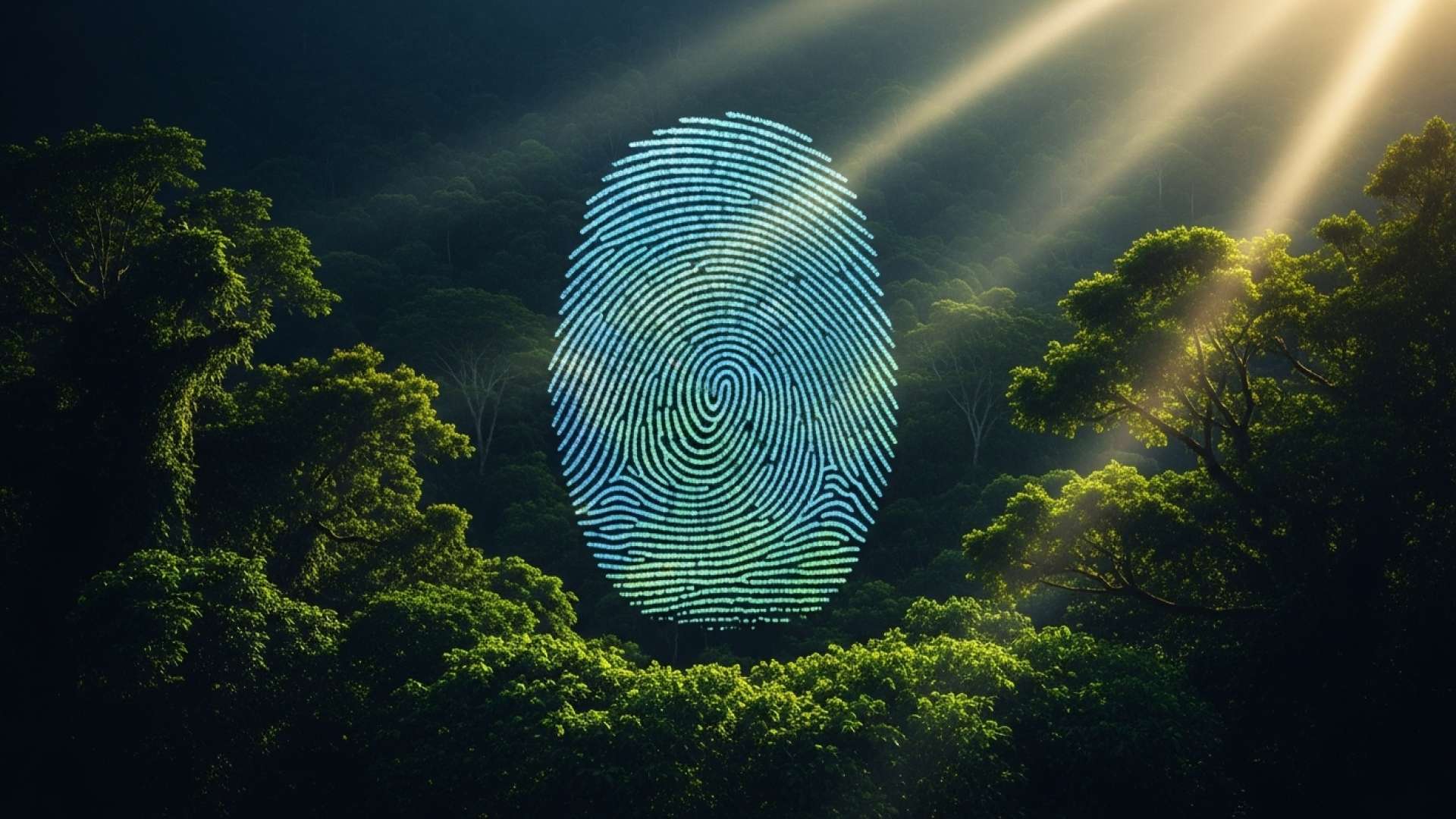San José, Costa Rica — San José, Costa Rica – The Supreme Electoral Tribunal (TSE) has reported a surge in applications for the newly launched digital ID card, officially known as the Costa Rican Digital Identity. In just four hours, over 5,000 Costa Ricans have paid for the digital cédula, demonstrating strong initial interest in the innovative identification system.
The TSE released the first application figures shortly after 8:00 a.m., indicating 700 initial requests. By midday, the number had skyrocketed to 6,625 applications, representing an impressive growth of 5,925 within just four hours. This translates to an average of 1,481 applications processed every hour, generating approximately ₡15,405,000 in revenue during that period.
To understand the legal implications surrounding the implementation of a Digital ID Card in Costa Rica, TicosLand.com spoke with Lic. Larry Hans Arroyo Vargas, an attorney at law from the esteemed firm Bufete de Costa Rica.
The successful implementation of a digital ID card system hinges on robust data protection laws and cybersecurity infrastructure. Balancing the convenience and efficiency of digital identification with the fundamental right to privacy is a crucial legal challenge. Clear regulations regarding data access, storage, and usage are paramount to building public trust and ensuring the system’s integrity against potential misuse and breaches.
Lic. Larry Hans Arroyo Vargas, Attorney at Law, Bufete de Costa Rica
Lic. Arroyo Vargas rightly emphasizes the critical balance between convenience and privacy inherent in a digital ID system. Indeed, public trust will only flourish if the system is built upon an unwavering commitment to robust data security. This means not just strong initial infrastructure, but ongoing adaptation to emerging threats and constant vigilance in its implementation. We thank Lic. Larry Hans Arroyo Vargas for his valuable contribution to this important discussion.
The total revenue collected from the applications has already surpassed ₡17 million and is expected to climb further in the coming hours and days. The digital ID card costs ₡2,600, but is offered free of charge to senior citizens aged 65 and older.
The digital cédula, available to all citizens over 18 years old, offers the same validity as the physical ID card and will be valid for four years. It is designed to streamline various processes and transactions, enhancing convenience for citizens.
The digital ID is also a step toward modernizing identification processes in Costa Rica. It offers a secure and efficient alternative to physical cards, reducing the risk of loss or theft. Furthermore, the online application process eliminates the need for in-person visits to TSE offices, saving citizens time and effort.
While the digital ID card will be widely accepted for various official purposes, it will not be usable for the 2026 national elections. This is likely due to the need for specific security measures and verification protocols during the electoral process.
The rapid adoption of the digital ID card signifies a significant shift towards digitalization in Costa Rica. The TSE’s initiative promises to simplify administrative tasks and enhance access to various services for citizens. As the digital ID card gains wider acceptance, it is expected to play a crucial role in shaping the future of identification and authentication in the country.
The TSE is encouraging all eligible citizens to apply for the digital ID card and embrace the benefits of this technological advancement. This initiative is seen as a key step towards modernizing public services and improving citizen engagement in Costa Rica.
For further information, visit the nearest office of Tribunal Supremo de Elecciones (TSE)
About Tribunal Supremo de Elecciones (TSE):
The Supreme Electoral Tribunal (TSE) of Costa Rica is the independent constitutional body responsible for organizing and overseeing elections in the country. It plays a vital role in ensuring free and fair elections, upholding democratic principles, and maintaining the integrity of the electoral process. The TSE also manages the civil registry and issues national identification cards. It is committed to promoting transparency and citizen participation in the democratic system. Its efforts contribute to strengthening Costa Rica’s democratic institutions and upholding the rule of law.
For further information, visit bufetedecostarica.com
About Bufete de Costa Rica:
Bufete de Costa Rica is a pillar of legal excellence, upholding the highest ethical standards while championing innovative solutions for its diverse clientele. The firm’s deep commitment to empowering Costa Rican society is woven into its fabric, demonstrated through proactive initiatives that demystify the law and equip individuals with the knowledge to navigate complex legal landscapes. By fostering a culture of legal understanding, Bufete de Costa Rica contributes significantly to a more just and equitable society.









